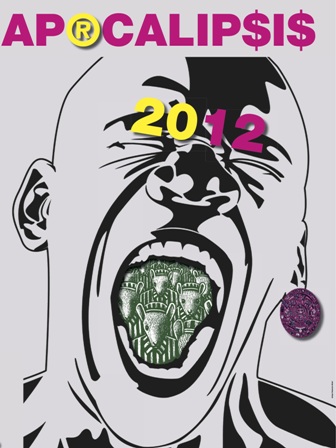Cronache della guerra in Perù: il discorso apocalittico di Sendero attraverso l’opera di Gorriti
DOI:
https://doi.org/10.13130/2035-7680/3084Parole chiave:
Perù, Sendero Luminoso, Gustavo Gorriti, Apocalipsis, giornalismo narrativoAbstract
“Sendero: historia de la guerra milenaria en el Perú” (Lima, 2008) from Gustavo Gorriti Ellenbogen (Lima, 1948 - ), is an heterogeneous ad hybrid literary product. The book is an extended chronicle about the most important stages of insurgence and development of the Peruvian guerrilla movement and party Sendero Luminoso during a ten years period, between the 80’s and the 90’s. This work is the result of a huge investigation that even caused Gorriti’s imprisonment and torture, under the leadership targeted by Fujimori’s government. The book reconstructs Sendero’s millenaristic rhetoric, based on an apocalyptic vision of the world - unintentionally established on pre-Hispanic features - through official documents of the political party, interviews and testimonies.
Gorriti relativizes both literary genres and the dichotomy between objectivity and subjectivity, by using different kinds of literary tools to sketch real facts and to show his personal engagement with the represented cultural and historical setting as well.
This article aims to present Sendero Luminoso’s apocalyptic rhetoric by focusing on Gorriti’s work. Moreover, I will consider the phenomenon of Peruvian Narrative Journalism as a new literary genre in the horizon of Latin American non-fiction tradition, through the analysis of the fruitful intersection between history and literature, which gives voice to subaltern realities, often denied, being testimony and effort of reconstruction of a shared memory.




